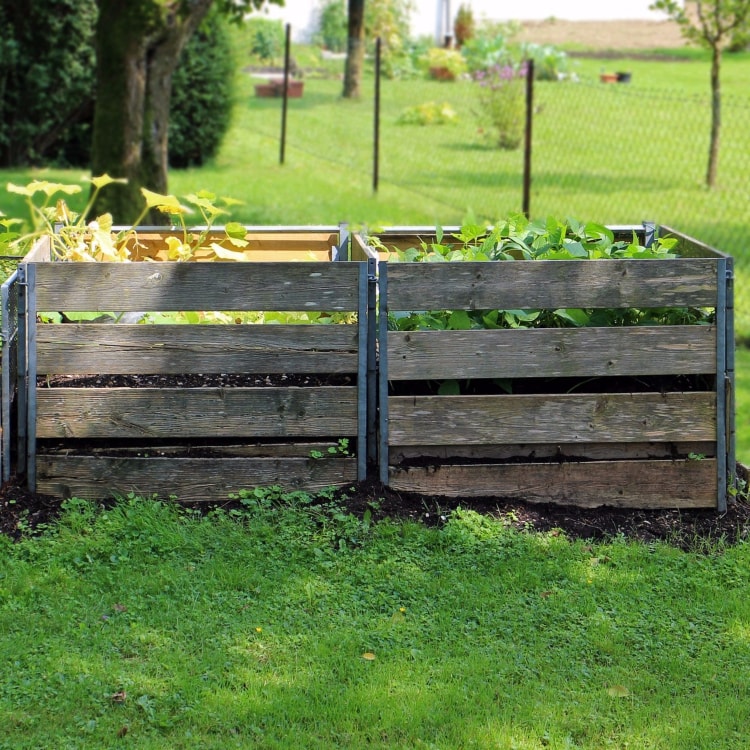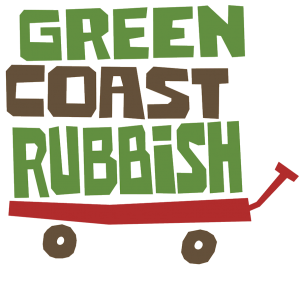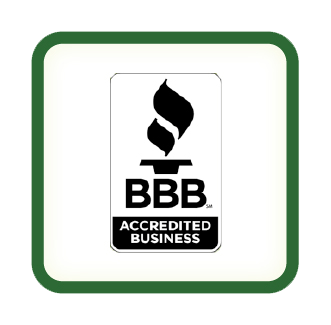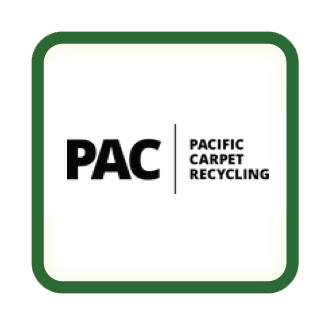If you live in the Metro Vancouver area, you should have a complimentary green bin to accompany your garbage bin. Your green bin is used for all of your composting needs. However, if you want to have a separate composting bin for your garden, or for your home it can be a fun project to build your own composting bin by hand.
You can use your composted material in the garden. It’s a great way to restore nutrients and richness to the soil. There are a few simple steps to create your DIY compost bin.
Pick The Right Materials
When you are thinking of making a compost bin, you can determine the right materials based on the location of your bin.
Wooden Bins
If it is going to be in the garden for outdoor composting, it is a good idea to build it out of recycled plywood. Using slits of wood is a great way to create a larger bin tailored to the size you desire.
Keep in mind, however, when you build your composting bin out of wood, it is naturally biodegradable. Over time the wood will decay along with your composted materials. The microbes that break down your compost can also break down the wood of your composting bin.
This process takes several years to occur and doesn’t happen overnight. But if you want to make your compost bin out of wood, it is something to keep in mind. For step by step instructions on creating your wooden composting bin, visit this post on how to build a composting bin.
Plastic Bins
Another great way to make a composting bin is to simply re-purpose an old, plastic storage bin if you have one laying around. This is a good idea if you want to keep your composting bin indoors. sometimes dirt and debris leak through the cracks in a wooden composting bin, but a plastic container will keep all of the compost separate. So you don’t have to worry about a mess if you keep the bin in your kitchen or garage.
You do not need to have a lid on your composting bin, but if you prefer one, you should leave some room for air to enter the bin. Most materials degenerate faster when they are placed in a warmer area with air circulation. So poke holes in the lid of your composting bin if it is plastic.
Decide On The Right Size
You can pick any size you want for your at home composting bin. If you are building it on your own or using it for gardening, you can actually build your composting bin on the ground, rather than creating a bottom for the bin. When you are determining the size of your DIY composting bin, it is a good idea to factor in the average amount of materials that it will hold.
If you wand this bin for yard waste, decide the average amount of yard work you plan on doing, and the average size of the compostable materials generated from that work. The size of your garden is also a key factor. Naturally, larger gardens need more compost.
You should also consider whether you’ll use your outdoor compost bin for yard clipping, or for all of your household composting too. You can definitely include things like your kitchen scraps in your outdoor composting bin, just be sure to accommodate for the amount of compost you’ll be creating and build your bin accordingly.
Layer With Soil
Before you throw garden scraps or pieces of food into your composting bin, be sure to lay it on a firm foundation. When there is already soil in the composting bin, it helps the other food and garden scraps to break down.
The existing nutrients, microbes, and bacteria in the soil help to accelerate the decomposition process for your composting. Keep the mixture moist, as the moisture and warmth has a greenhouse effect. It will create a healthy environment for bacteria and microbes to multiply, thrive, and break down your composted materials. An accelerated process means a faster route to fresh, rich soil for your home or garden.
If you are looking to really accelerate the composting process even further, keep your compost bin outdoors. The natural changes in weather, for example, heavy rain or very dry weather, will help to break down your composted materials and convert them to soil much faster.
Patience Is Key
The best part about creating your new composting bin is leaving it alone to work its magic. Your composted materials should take around 2-3 months to fully break down and form healthy, nutrient-rich soil. For more information on composting in Vancouver check out our blog post on composting tips and tricks.
Share your experience on composting! We welcome comments and suggestions so feel free to let us know about your personal composting tips. At Green Coast Rubbish, we are always looking for new ways to keep our city green and composting plays a pivotal role in how we recycle food scraps and garden waste. Share your thoughts and comments below!










